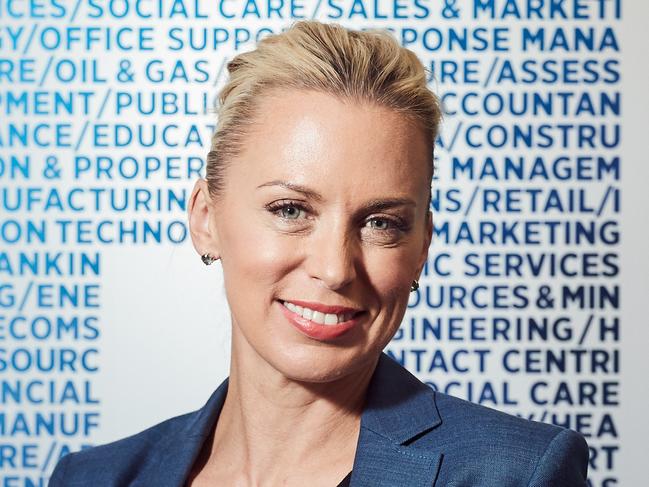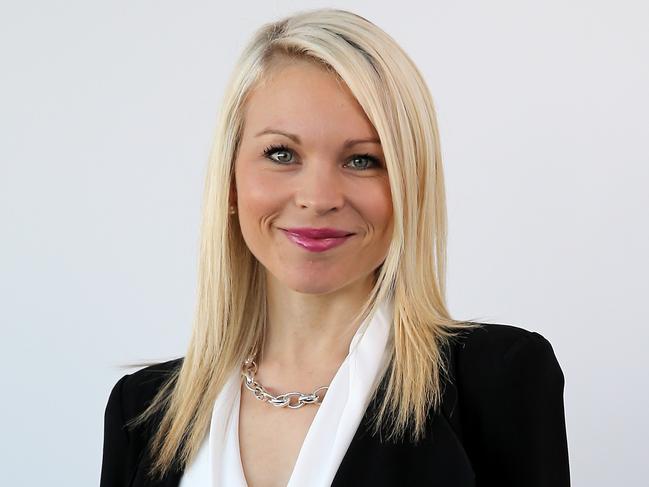Recruiters reveal: Are employers looking for younger or older workers?
The Careers section’s panel of expert recruiters answers a reader’s question each week. Have a question? Email careers_qs@news.com.au
Careers
Don't miss out on the headlines from Careers. Followed categories will be added to My News.
“Are employers looking to hire older or younger staff these days?”
Hays director Lisa Morris:
Over the past year there has been a lot of discussion about the varying impact the COVID-19 pandemic has had on different sections of our society.
According to the Australian Bureau of Statistics, Australians aged 20-29 and 60-plus have been most affected in terms of job losses.
The good news is that the situation has improved with vacancy activity rising once more and skilled professionals in demand. In addition, equality, diversity and inclusion initiatives have been increasing in recent years, as more and more organisations seek to gain the known benefits of diverse workforces.
Today, more organisations are looking for ways to increase the diversity of their teams through the hiring process.
Jobseekers who can demonstrate their unique value to employers are therefore in a good position to take advantage of new opportunities.

Sullivan Consulting managing director Andrew Sullivan:
First and foremost, for a company to not hire a candidate due to their age is discrimination and unlawful.
Employers should always aim to hire the candidate which best matches the job description, and who will be a good fit within the company culture.
However, unfortunately, there are still biases which both older and younger staff face in the workplace, and these can cause unfair assumptions on the individual. I’ve always been an advocate for diversity, and strongly recommend hiring managers to consider all candidates equally, regardless of age.

Hender Consulting executive consultant Justin Hinora:
Despite it being illegal, I cannot recall the last time an employer made a specific request or had a particular preference to hire either older or younger staff. Pre-GFC in 2008, there was a talent shortage across most disciplines. As a result, I think employers challenged their own preferences and realised there was more to assessing a candidate than simply age. Job transience is more common these days too, with people changing roles every three to five years, so employers have become much more open-minded about who will perform a role for that period of time, with skills/experience-based criteria at the forefront of selection processes.

Stillwell Management Consultants head of organisational psychology consulting Alexandra Rosser:
We are observing that employers are hiring employees in all age groups depending on the experience, personal qualities, qualifications, skills and perceived potential of available candidates and the selection criteria set for appointment. It is of course illegal to discriminate on the basis of age and employers of choice understand the importance to their business and society not only of recruiting on merit but in having a diverse and inclusive workforce comprising all age groups.
A minority of jobs legally requires appointees of a certain minimum age, given the nature of tasks undertaken and/or the environment.

For more Careers news, advice and reader questions answered, visit adelaidenow.com.au/careers




